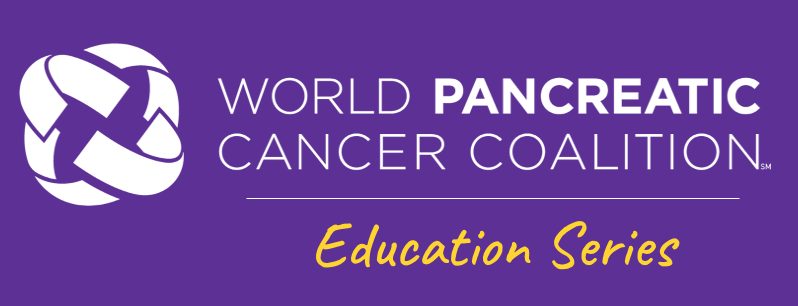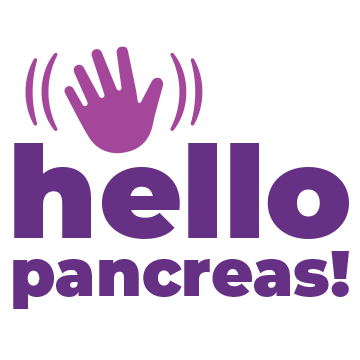Science & Education
The World Pancreatic Cancer Coalition is dedicated to raising awareness AND increasing understanding of this deadly disease. Each quarter during 2025 we will post educational materials like reports, videos, and other important content around a specific topic area. These materials are provided by WPCC member organizations who have expertise to share. Please revisit this section regularly to find new themes that can help deepen your knowledge of key pancreatic cancer topics.
You may review the WPCC Quarterly Information Resource editions of our Newsletter here.
The World Pancreatic Cancer Coalition has an ongoing commitment to continuing education for our members. With an emphasis on early detection, treatment, and patient care, we meet in-person, conduct networking events, and lead virtual webinars to share the latest information about pancreatic cancer.
Check out our previous Science & Education Webinars here.












